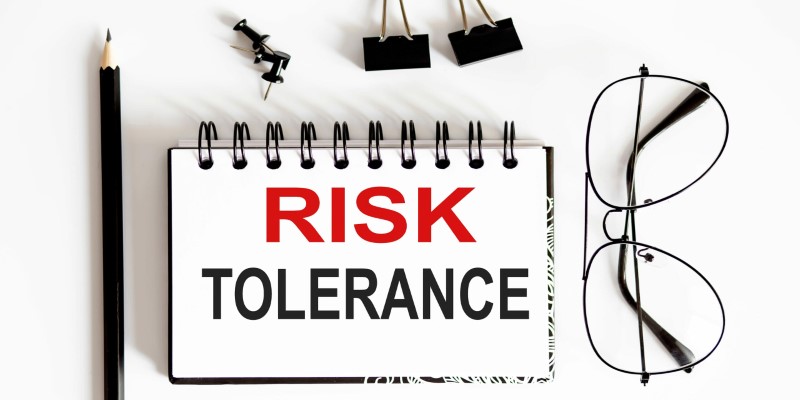Advertisement
Difficulty in trying to get to bed earlier is among the biggest problems that people face in today’s world. Lack of time, constant use of electronic devices and everyday stress often lead to such sink that people go to bed much later and wake up tired in the morning. But improving other aspects of your sleep such as wake up time and conditioning yourself to go to bed earlier is very healthy for you. One can completely reprogram your body clock by gradually changing your daily habits and surroundings to promote a healthier bedtime.
Stick to a regular bedtime and wake-up schedule—even on weekends! Keeping a consistent routine helps train your body’s internal clock, or circadian rhythm, making it easier to fall asleep and wake up naturally. Over time, your body will get into the groove, knowing exactly when it’s time to rest and rise.
Set an alarm not only to wake up but also to signal when it’s time to wind down for the night. Begin your wind-down routine 30 to 60 minutes before bedtime to help your mind and body smoothly transition into sleep mode.
Unwind your way to better sleep by adding relaxing activities to your evening routine. Whether it’s diving into a good book, meditating, soaking in a warm bath, or listening to calming music, these simple habits help signal to your body that it’s time to relax. A consistent pre-sleep ritual not only sets the stage for rest but also helps melt away stress and anxiety—two common roadblocks to a great night's sleep.
Steer clear of stimulating activities—such as vigorous exercise, work tasks, or screen time—in the hour before bed. Instead, focus on calming practices like journaling, deep breathing, or gentle stretches to quiet your mind and promote relaxation.
Electronic devices such as smartphones, tablets, and computers emit blue light, which can disrupt your sleep by suppressing melatonin—a hormone essential for regulating your sleep cycle. Using screens too close to bedtime can trick your brain into believing it’s still daytime, making it more difficult to fall asleep. Limiting screen usage at least an hour before bed can greatly enhance your sleep quality.
Try blue-light-blocking glasses or activate night mode on your devices to minimize blue light exposure. Even better, swap screen time for a relaxing offline activity like reading a physical book or sketching in a notebook.
Transform your bedroom into a haven of rest by creating the perfect conditions for sleep. Aim for a dark, quiet, and cool space—factors proven to promote better sleep quality. Maintaining a clean, clutter-free room can also help foster a sense of calm and relaxation.
Invest in a mattress and pillows that offer the right level of support for your body. An ill-suited mattress—whether too soft or too firm—can lead to discomfort and sleepless nights. Choose bedding that meets your needs, and opt for breathable fabrics for sheets and sleepwear to stay cool and comfortable all night long.

Caffeine is a stimulant that lingers in your system for hours, making it harder to fall asleep—even if you consume it as early as the late afternoon. Likewise, heavy or greasy meals close to bedtime can cause discomfort and indigestion, disrupting your ability to sleep soundly. Opt for lighter evening snacks, such as a piece of fruit or a handful of nuts, if you’re feeling hungry before bed.
Love tea in the evening? Choose caffeine-free herbal options like chamomile, peppermint, or lavender. These teas not only skip the caffeine but also help you relax and signal to your body that it’s time to wind down.
Shifting your bedtime significantly earlier overnight can backfire, leaving you tossing and turning. Instead, adjust your bedtime in smaller increments—by 15 to 30 minutes every few nights—until you reach your ideal sleep schedule.
Pair this shift with an earlier wake-up time to reinforce your new routine. Staying consistent with your wake-up time, even on weekends, is crucial to resetting your internal clock.
Natural light, particularly in the morning, plays a critical role in regulating your circadian rhythm—the internal clock that controls your sleep-wake cycle. Morning sunlight helps signal to your brain that it’s time to be alert, making it easier to feel drowsy when night falls. Spending time outdoors or near a sunny window during the day can strengthen these natural signals.
Aim to get at least 20-30 minutes of sunlight exposure in the morning. Whether it’s enjoying your coffee outside or taking a quick walk, this simple habit can help sync your sleep schedule.
While naps can provide a quick recharge, taking them too late in the afternoon or evening can interfere with your ability to fall asleep at night. Late naps reduce your body’s natural sleep drive, potentially creating a cycle of late nights and daytime fatigue.
If you need to nap, limit it to 20-30 minutes and aim to nap earlier in the day, ideally before 3 PM. This ensures you’ll feel refreshed without compromising your nighttime sleep.
Stress and anxiety are common barriers to falling asleep. A consistent relaxation routine can help calm your mind and prepare your body for restful sleep. Techniques like deep breathing, progressive muscle relaxation, or guided meditation can ease tension and signal to your brain that it’s time to unwind.
If you’re new to relaxation techniques, consider using apps or audio guides to get started. Pair your practice with dim lighting or soothing music to create a calming bedtime ritual.

Cultivating an earlier sleep routine takes time, consistency, and patience. Monitoring your sleep patterns can help you identify what works best for you and refine your approach as needed. Small, steady improvements are key to achieving long-term results.
Celebrate small victories—like going to bed 10 minutes earlier than usual—to keep yourself motivated. Progress, no matter how small, is still progress.
Training yourself to sleep earlier is an investment in your health, productivity, and overall well-being. By applying these actionable strategies, you can build a sustainable routine that promotes restful sleep and enhances your quality of life. Remember, consistency is crucial, and even small changes can lead to meaningful improvements over time.
Advertisement

By Sean William/Jan 14, 2025

By Nancy Miller/Jan 01, 2024

By Triston Martin/Mar 17, 2025

By Nancy Miller/Nov 09, 2024

By Celia Shatzman/Mar 18, 2025

By Juliana Daniel/Jan 14, 2025

By Pamela Andrew/Dec 21, 2024

By Aldrich Acheson/Mar 17, 2025

By Celia Kreitner/Jan 14, 2025

By Aldrich Acheson/Dec 21, 2024

By Celia Shatzman/Mar 18, 2025

By Georgia Vincent/Mar 17, 2025